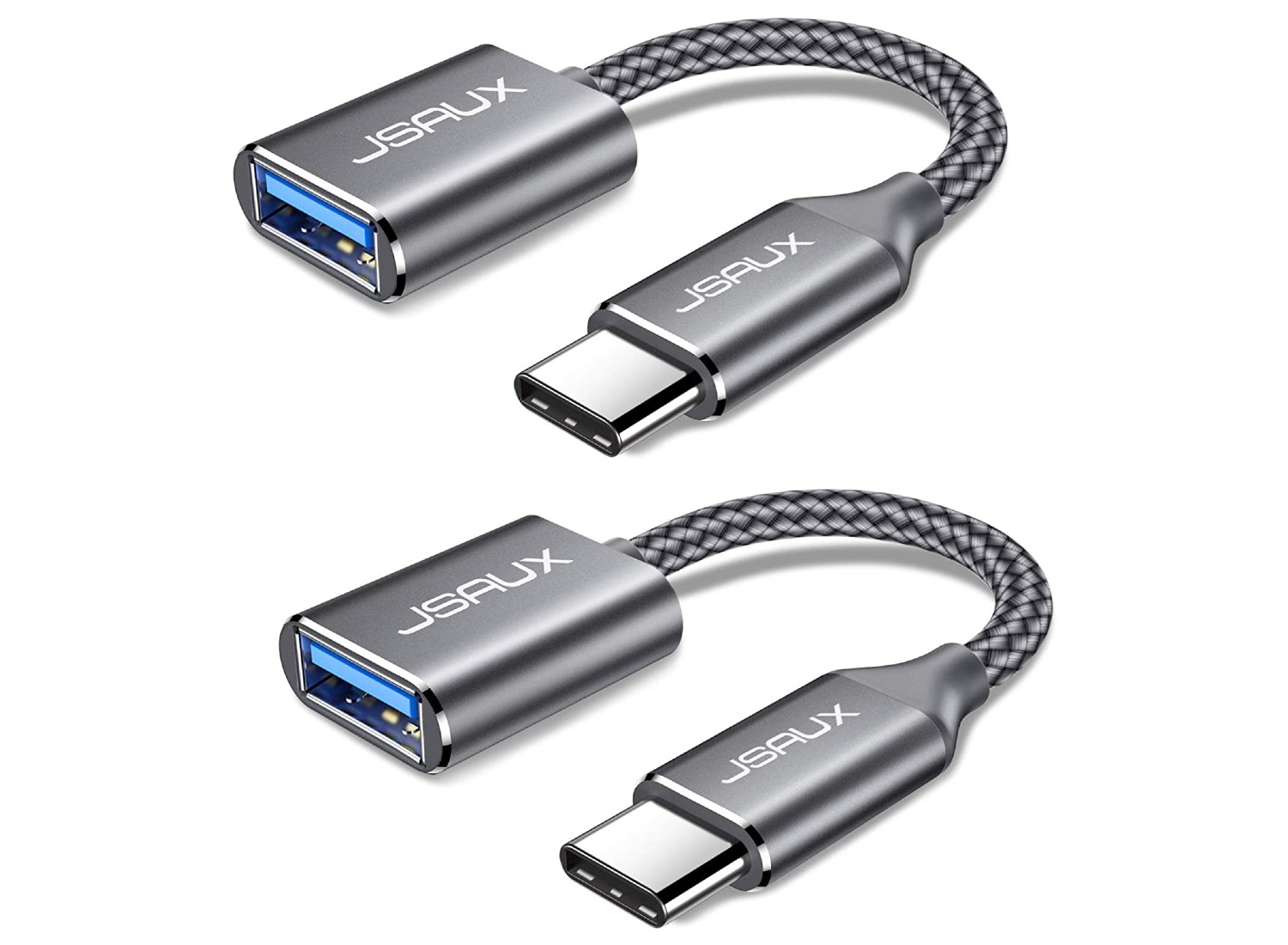

Articles
What Is A Usb-C Power Adapter
Modified: January 19, 2024
Discover the benefits of USB-C power adapters and how they can enhance your charging experience. Read our informative articles to learn more about this innovative technology.
(Many of the links in this article redirect to a specific reviewed product. Your purchase of these products through affiliate links helps to generate commission for Storables.com, at no extra cost. Learn more)
Introduction
The USB-C power adapter has emerged as a game-changer in the world of charging technology. With its compact size and versatile capabilities, it has become the go-to choice for many electronic devices. Whether you have a smartphone, laptop, tablet, or any other USB-C compatible device, a USB-C power adapter can provide fast and efficient charging.
In this article, we will explore the world of USB-C power adapters and delve into their various aspects. We will discuss their benefits, compatibility, features, usage, and safety considerations. By the end, you will have a comprehensive understanding of USB-C power adapters and be equipped to make an informed choice when selecting one for your devices.
Key Takeaways:
- USB-C power adapters offer faster charging, versatile connectivity, and future-proof technology, making them a superior choice for powering smartphones, laptops, and other electronic devices.
- When choosing a USB-C power adapter, consider power output, USB-C standards, brand reputation, and safety certifications to ensure efficient charging and protect devices from potential damage.
Read more: What Is A Usb-C Adapter
Understanding USB-C Power Adapters
USB-C power adapters are the latest generation of charging technology, designed to provide fast and efficient charging for various electronic devices. The USB-C, or USB Type-C, is a small, reversible connector that can transmit both power and data. It has become increasingly popular due to its compact size and versatility.
Unlike its predecessor, the USB-A connector, which was bulky and had a limited power output, the USB-C connector is smaller, sleeker, and capable of delivering higher power levels. This means that USB-C power adapters can charge devices more quickly and efficiently compared to older chargers.
One of the key advantages of USB-C power adapters is their ability to support higher power delivery, which is especially beneficial for devices that require fast charging. USB-C power adapters can deliver more power, allowing devices to recharge at a much faster rate. This is particularly useful for smartphones and laptops that have larger batteries and require quick charging to keep up with our increasingly demanding usage patterns.
Moreover, USB-C power adapters offer more flexibility in terms of connectivity. The reversible design of the USB-C connector means that it can be inserted into a port in any orientation, eliminating the frustration of trying to plug it in the right way. Additionally, USB-C power adapters can be used with a wide range of devices, including smartphones, tablets, laptops, and even some gaming consoles.
Another advantage of USB-C power adapters is their ability to transmit both power and data simultaneously. This means that you can charge your device while transferring files, streaming content, or connecting to external devices. It provides a seamless and efficient charging and data transfer experience.
Overall, USB-C power adapters offer a superior charging solution with their faster charging speeds, increased power delivery, and versatile connectivity. They have become the standard for many electronic devices, providing a convenient and reliable way to keep our devices powered up and ready to use.
Advantages of USB-C Power Adapters
USB-C power adapters come with a host of advantages that make them the preferred choice for charging electronic devices. Let’s explore some of the key benefits of using USB-C power adapters:
- Faster Charging: USB-C power adapters support higher power delivery, enabling faster charging times for your devices. This is especially beneficial for smartphones, laptops, and other devices with larger batteries.
- Reversible Connector: The USB-C connector is reversible, meaning you can plug it in any orientation without having to worry about which side is up. This eliminates the frustration of trying to insert the connector the right way and makes charging more convenient.
- Versatile Connectivity: USB-C power adapters can be used with a wide range of devices, including smartphones, tablets, laptops, and even some gaming consoles. This versatility makes them an ideal choice for households with multiple devices.
- Simultaneous Power and Data Transfer: USB-C power adapters have the ability to transmit both power and data simultaneously. This means you can charge your device while transferring files, streaming content, or connecting to external devices.
- Compact and Portable: USB-C power adapters are generally smaller and more compact than their predecessors, making them easier to carry around. Their lightweight design makes them perfect for travel or on-the-go charging needs.
- Future-proof Technology: USB-C power adapters are considered a future-proof technology. As more and more devices adopt USB-C ports, having a USB-C power adapter ensures compatibility and the ability to charge a wide range of devices.
- Efficient Power Delivery: USB-C power adapters are designed to deliver power efficiently, resulting in minimal energy loss during the charging process. This can help reduce electricity consumption and promote sustainable charging practices.
Overall, the advantages of USB-C power adapters make them an excellent choice for fast, convenient, and versatile charging. Whether you need to quickly charge your phone before heading out or power up your laptop for a productive session, USB-C power adapters deliver the performance and reliability you need.
USB-C Power Adapter Compatibility
USB-C power adapters are designed to be compatible with a wide range of electronic devices that support USB-C charging. However, it’s important to note that not all USB-C power adapters are created equal, and compatibility can vary depending on several factors.
The first consideration for compatibility is the power output of the USB-C power adapter. Different devices have different power requirements, and it’s crucial to use a power adapter that can deliver the necessary power for efficient charging. Most USB-C power adapters will have a power rating specified in watts (W) or amps (A), which indicates the maximum power output they can provide.
When selecting a USB-C power adapter, it’s recommended to choose one that matches or exceeds the power requirements of your device. For example, if your laptop requires 65W of power, it’s best to use a USB-C power adapter that can deliver 65W or more. Using an adapter with a lower power rating may result in slower charging or insufficient power supply.
In addition to power output, it’s important to consider the USB-C standard supported by the power adapter. USB-C power delivery standards can vary, and some devices may require specific USB-C standards for optimal charging performance. The USB-C power adapter should support the necessary power delivery profiles of your device to ensure compatibility and efficient charging.
Another aspect of compatibility is the cable that connects the USB-C power adapter to your device. USB-C cables vary in terms of their capabilities, such as data transfer speed and power delivery capacity. It’s crucial to use a high-quality USB-C cable that can handle the power output of the adapter and support fast data transfer if needed.
Furthermore, it’s important to note that while USB-C power adapters are compatible with many devices, not all devices have USB-C ports. Some older devices may still have USB-A or other types of charging ports. In such cases, you may need to use an adapter or cable that can convert the USB-C output of the adapter to the appropriate port type of your device.
Overall, USB-C power adapter compatibility depends on factors such as power output, USB-C standards, cable quality, and port type. It’s important to ensure that your power adapter meets the specific requirements of your device to ensure optimal charging performance and compatibility.
Choosing the Right USB-C Power Adapter
Choosing the right USB-C power adapter is essential to ensure efficient charging and compatibility with your electronic devices. Here are some factors to consider when selecting a USB-C power adapter:
- Power Output: Determine the power requirements of your device and select a USB-C power adapter that can deliver an equivalent or higher power output. This will ensure that your device charges at the desired rate and operates optimally.
- USB-C Standards: Check if your device requires specific USB-C power delivery standards. Ensure that the power adapter you choose supports the necessary power profiles to guarantee compatibility and efficient charging.
- Brand Reputation: Consider purchasing a USB-C power adapter from a reputable brand known for producing high-quality charging solutions. Trusted brands often prioritize safety, performance, and durability in their products.
- Reviews and Ratings: Read reviews and check the ratings of different USB-C power adapters to get an idea of their performance and reliability. Pay attention to feedback regarding compatibility, charging speed, build quality, and overall customer satisfaction.
- Cable Length: Determine the ideal cable length you require based on your charging setup. Some USB-C power adapters come with built-in cables, while others offer detachable cables. Ensure that the cable length suits your needs and provides flexibility in positioning your device while charging.
- Pricing: Compare the prices of different USB-C power adapters, keeping in mind the features, specifications, and reputation of the brand. While it’s tempting to opt for the cheapest option, prioritize quality and reliability to avoid potential safety or performance issues.
- Warranty: Look for USB-C power adapters that come with a warranty or guarantee. This will provide you with peace of mind and protection against any potential manufacturing defects or malfunctions.
- Safety Certifications: Check if the USB-C power adapter has undergone safety testing and carries certifications such as UL, FCC, or CE. These certifications indicate that the adapter meets the required safety standards and reduces the risk of electrical hazards.
By considering these factors, you can make an informed decision and select a USB-C power adapter that best suits your charging needs. Remember to prioritize compatibility, safety, and reliability to ensure a seamless charging experience with your devices.
When purchasing a USB-C power adapter, make sure it has the appropriate wattage for your device to ensure fast and efficient charging. Always buy from reputable brands to ensure safety and compatibility.
Read more: Where To Buy Usb C Adapter
Common Features of USB-C Power Adapters
USB-C power adapters come with a variety of features that enhance their functionality and convenience. While specific features may vary between different models and brands, there are several common features to look out for when selecting a USB-C power adapter:
- Fast Charging: USB-C power adapters are designed to deliver fast charging speeds, allowing devices to recharge quickly and efficiently.
- Multiple Ports: Some USB-C power adapters come with multiple USB-C ports, allowing you to charge multiple devices simultaneously.
- Power Delivery: USB-C power adapters with Power Delivery technology can intelligently adjust the power output based on the connected device’s requirements, optimizing charging performance.
- Compact Design: USB-C power adapters often have a compact and lightweight design, making them easy to carry and ideal for travel or on-the-go charging.
- Foldable Prongs: Some USB-C power adapters feature foldable prongs, which can be folded into the adapter for easy storage and to prevent damage during transit.
- Smart Charging: Certain USB-C power adapters incorporate smart charging technology that automatically detects the connected device’s power needs and adjusts the output accordingly, ensuring safe and efficient charging.
- Overcurrent and Overvoltage Protection: Reliable USB-C power adapters have built-in protection mechanisms to safeguard against overcurrent and overvoltage, preventing damage to your devices.
- Universal Compatibility: Many USB-C power adapters are designed to be compatible with a wide range of devices, including smartphones, tablets, laptops, and more.
- LED Indicators: LED indicator lights on USB-C power adapters provide visual feedback, indicating when the device is charging or fully charged.
- Detachable Cables: Some USB-C power adapters offer detachable cables, allowing you to replace just the cable if it gets damaged or if you need a longer or shorter cable length.
- Certifications: Look for USB-C power adapters that have undergone safety certifications such as UL, FCC, or CE, ensuring that they meet necessary safety standards.
- Warranty: USB-C power adapters may come with a warranty that covers manufacturing defects and provides customer support.
These are some of the common features to consider when selecting a USB-C power adapter. Each feature contributes to a better charging experience, providing convenience, safety, and efficiency for your devices. Assess your specific charging needs and prioritize the features that align with your requirements to make the best choice.
How to Use a USB-C Power Adapter
Using a USB-C power adapter is a straightforward process. Follow these simple steps to ensure proper usage:
- Check the Power Adapter: Ensure that the USB-C power adapter you have is compatible with your device and meets its power requirements. Verify the power output and any specific USB-C standard requirements.
- Inspect the Cable: Examine the USB-C cable that comes with the power adapter. Ensure it is in good condition, with no visible signs of damage or fraying.
- Connect the USB-C Cable: Take the USB-C cable and insert the USB-C connector into the USB-C port on your device. The connector should fit snugly into the port. Make sure the connection is secure to ensure proper charging.
- Plug in the Power Adapter: Connect the USB-C power adapter to a power source, such as a wall outlet or power strip. Plug the adapter into the power source using the appropriate prongs or connectors.
- Confirm Charging: Once the USB-C power adapter is plugged in, your device should start charging. Look for indicators such as a battery icon on your device’s screen or LED lights on the adapter to confirm that charging is in progress.
- Monitoring Charging Progress: Keep an eye on your device’s battery level or any charging indicators to track the progress of the charging process. Some devices may also provide notifications or alerts when the battery is fully charged.
- Unplug the Power Adapter: When you have finished charging your device or when the battery is fully charged, unplug the USB-C power adapter from the power source.
- Disconnect the Cable: Remove the USB-C connector from your device by gently pulling it out. Take care not to tug or force it, and avoid bending the cable excessively.
- Store the Power Adapter: After use, store the USB-C power adapter in a safe and dry place. Keep it away from extreme temperatures, moisture, and potential damage.
Remember to follow the manufacturer’s instructions and any additional guidelines specific to your device for optimal usage. Using a USB-C power adapter correctly ensures safe and efficient charging, prolonging the lifespan of your electronic devices.
USB-C Power Adapter Safety Considerations
While USB-C power adapters are generally safe to use, it’s important to keep certain safety considerations in mind to ensure the well-being of you and your devices. Follow these guidelines for safe usage:
- Choose a Reliable Brand: Opt for USB-C power adapters from reputable brands known for their quality and safety standards. Trusted brands prioritize the design and production of safe charging solutions.
- Look for Certifications: Check for safety certifications such as UL, FCC, or CE. These certifications indicate that the USB-C power adapter has undergone rigorous testing and complies with industry safety standards.
- Inspect the Adapter: Before use, visually inspect the USB-C power adapter for any signs of damage or wear. Do not use a damaged or faulty adapter, as it can pose a safety risk.
- Use Genuine Cables: Stick to using the USB-C cable that comes with the power adapter or choose high-quality, compatible cables. Using substandard or counterfeit cables can compromise both safety and charging performance.
- Avoid Overloading: Do not connect devices that require more power than the USB-C power adapter can handle. Overloading the adapter can lead to overheating, potential damage, or a safety hazard.
- Avoid Excessive Heat: USB-C power adapters can generate heat during operation. Keep the adapter away from flammable materials and ensure proper ventilation to prevent overheating.
- Unplug When Not in Use: When not charging devices, unplug the USB-C power adapter from the power source. This minimizes the risk of damage due to power surges or electrical issues.
- Avoid Water Exposure: Keep the USB-C power adapter away from water or other liquids. Water exposure can cause short circuits or electrical shock.
- Store Properly: Store the USB-C power adapter in a dry and safe place, away from extreme temperatures, direct sunlight, or humidity. Protect it from physical damage during storage.
- Keep Away from Children: Store the USB-C power adapter and cables in a location inaccessible to children. Children may unknowingly tamper with the adapters or cables, which can lead to accidents or damage.
- Follow Manufacturer’s Guidelines: Always follow the manufacturer’s instructions and guidelines for using the USB-C power adapter with your specific device. This ensures proper and safe operation.
By adhering to these safety considerations, you can minimize the risk of accidents, damage to your devices, and potential harm to yourself or others. Prioritize safety when using USB-C power adapters to enjoy reliable and secure charging experiences.
Frequently Asked Questions about USB-C Power Adapters
Here are some common questions and answers regarding USB-C power adapters to help you better understand their functionality and usage:
- Can I use any USB-C power adapter with my device?
- Can USB-C power adapters charge devices other than smartphones and laptops?
- Can I charge multiple devices simultaneously with a USB-C power adapter?
- Can I use a USB-C power adapter to transfer data?
- Can I use a USB-A to USB-C cable with a USB-C power adapter?
- What is the difference between USB-C power delivery and fast charging?
- Can using a USB-C power adapter damage my device’s battery?
- Can I travel internationally with a USB-C power adapter?
While USB-C power adapters are generally compatible with a wide range of devices, it’s recommended to use an adapter that matches or exceeds the power requirements of your device. Check your device’s specifications and choose a compatible adapter.
Yes, USB-C power adapters can charge various devices, including tablets, gaming consoles, cameras, and more. However, ensure that the device you want to charge supports USB-C charging.
Some USB-C power adapters come with multiple USB-C ports, allowing you to charge multiple devices at once. However, please note that the total power output may be shared among the connected devices, so charging speeds may be affected.
USB-C power adapters primarily serve the purpose of charging devices. However, since the USB-C connector can transmit both power and data, you can use it to transfer data if the connected devices support data transfer through USB-C.
Yes, you can use a USB-A to USB-C cable with a USB-C power adapter, provided that the cable is of good quality and supports the necessary power delivery for your device. However, using a USB-C to USB-C cable is generally recommended for optimal performance.
USB-C power delivery refers to the capability of the power adapter to deliver higher power output. Fast charging, on the other hand, typically indicates the ability of the device to charge at a faster rate. USB-C power delivery enables fast charging by supplying more power to the device and reducing charging times.
No, using a USB-C power adapter designed for your device should not damage the battery. However, using a low-quality or incompatible power adapter can potentially cause issues, so it’s important to choose a reliable and compatible adapter.
Yes, USB-C power adapters are generally compatible with different voltage levels worldwide. However, you may need a plug adapter to fit the power adapter into different types of power outlets when traveling to different countries.
These are just a few of the common questions regarding USB-C power adapters. If you have any specific concerns or additional questions, refer to the manufacturer’s documentation or consult customer support for further assistance.
Read more: What Is A C Wire Adapter For A Thermostat
Conclusion
USB-C power adapters have revolutionized the way we charge our electronic devices. With their fast charging capabilities, versatile connectivity, and compact design, USB-C power adapters have become a popular choice for charging smartphones, laptops, tablets, and more. They offer a range of benefits, including faster charging speeds, reversible connectors, simultaneous power, and data transfer, and universal compatibility.
When selecting a USB-C power adapter, it’s important to consider factors such as power output, USB-C standards, brand reputation, and safety certifications. By choosing a reliable and compatible adapter, you can ensure efficient charging and protect your devices from potential damage or electrical hazards.
Using a USB-C power adapter is a simple process. Connect the USB-C cable to your device, plug the adapter into a power source, and monitor the charging progress. Following safety considerations such as using genuine cables, avoiding overloading, and proper storage will further enhance the safety and longevity of your USB-C power adapter and devices.
In conclusion, USB-C power adapters provide a convenient and reliable charging solution for our ever-increasing need for power-hungry devices. Their fast charging speeds, versatile compatibility, and advanced features make them an excellent choice for keeping our devices powered up and ready to use. By understanding their capabilities and following safety guidelines, you can enjoy efficient and safe charging experiences with USB-C power adapters.
Frequently Asked Questions about What Is A Usb-C Power Adapter
Was this page helpful?
At Storables.com, we guarantee accurate and reliable information. Our content, validated by Expert Board Contributors, is crafted following stringent Editorial Policies. We're committed to providing you with well-researched, expert-backed insights for all your informational needs.
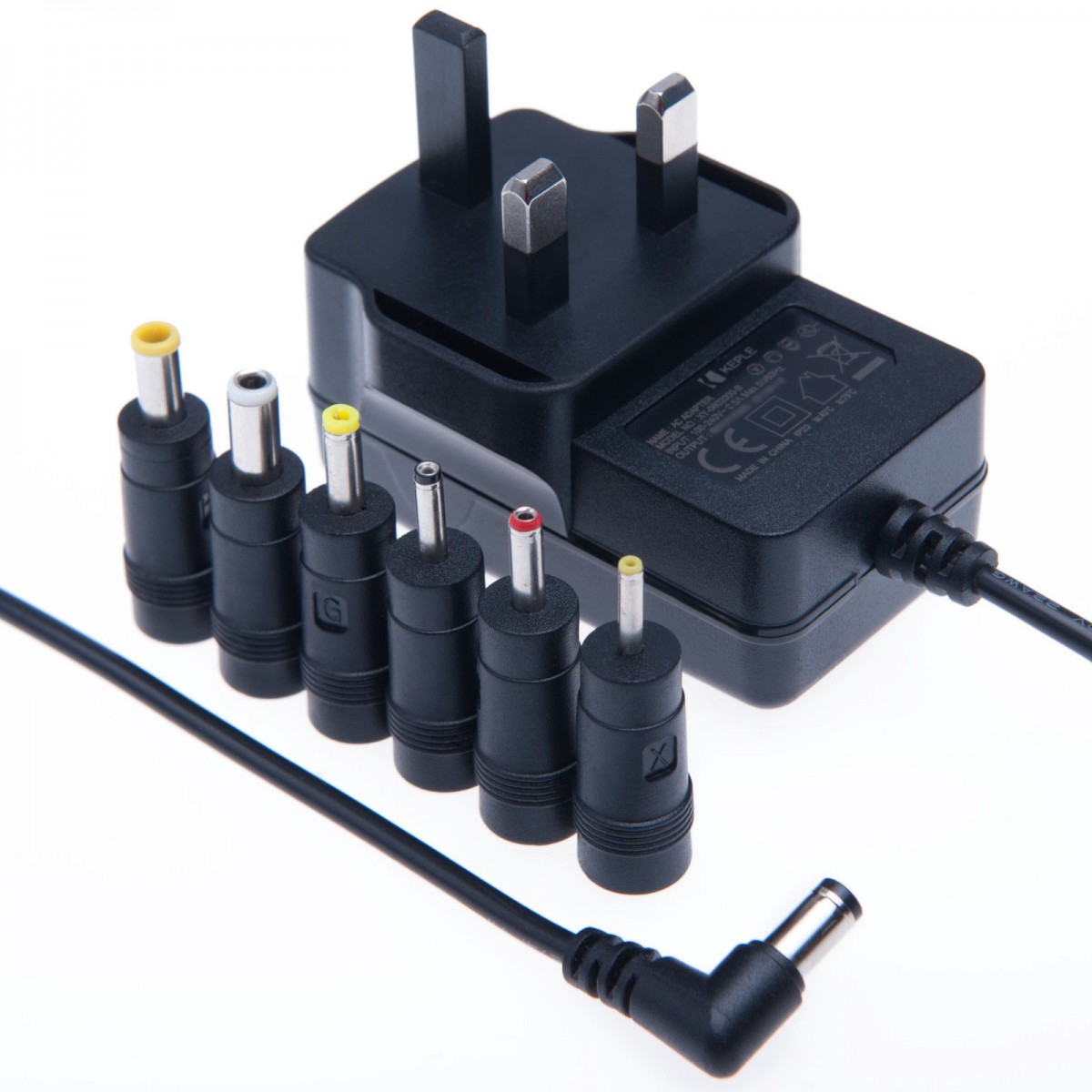
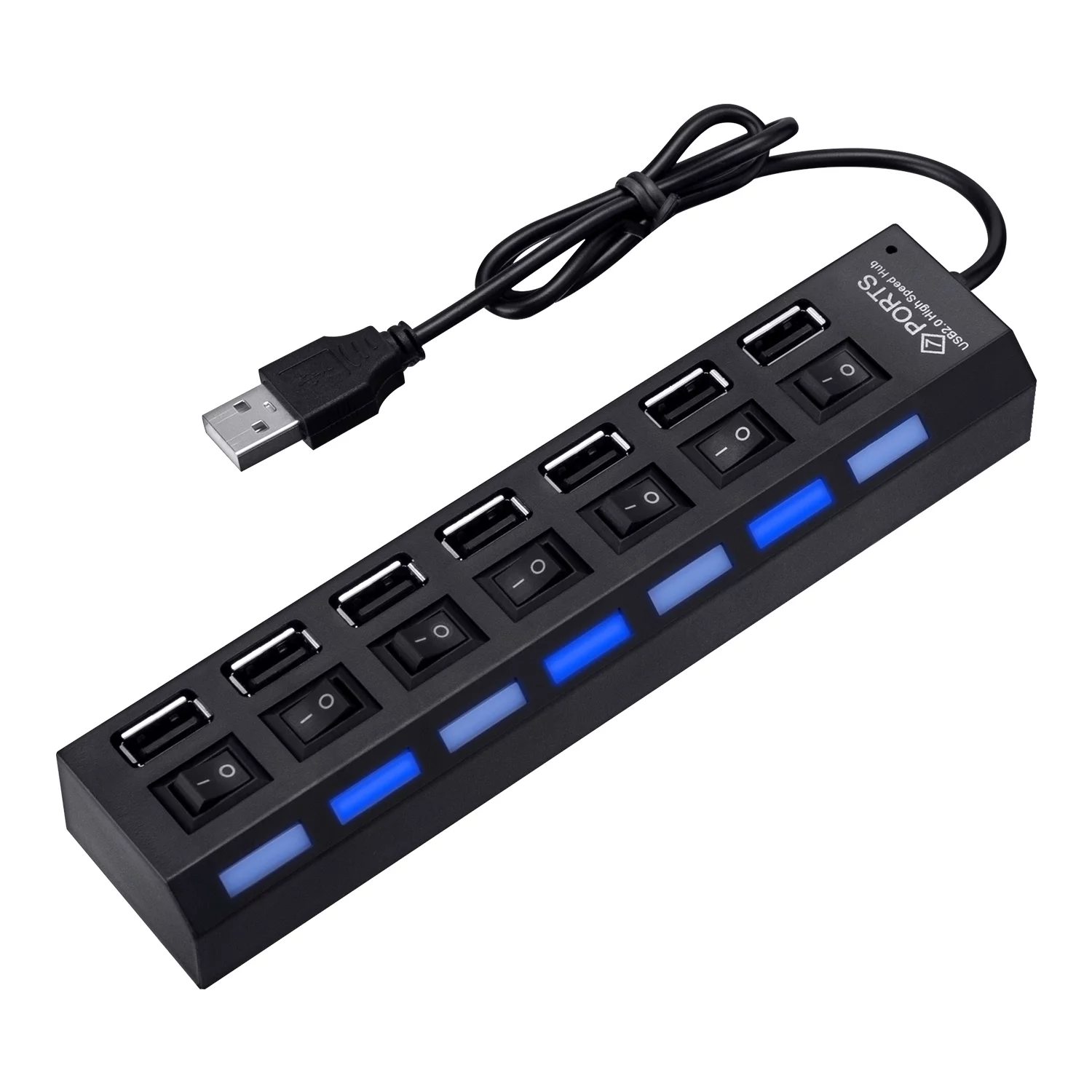
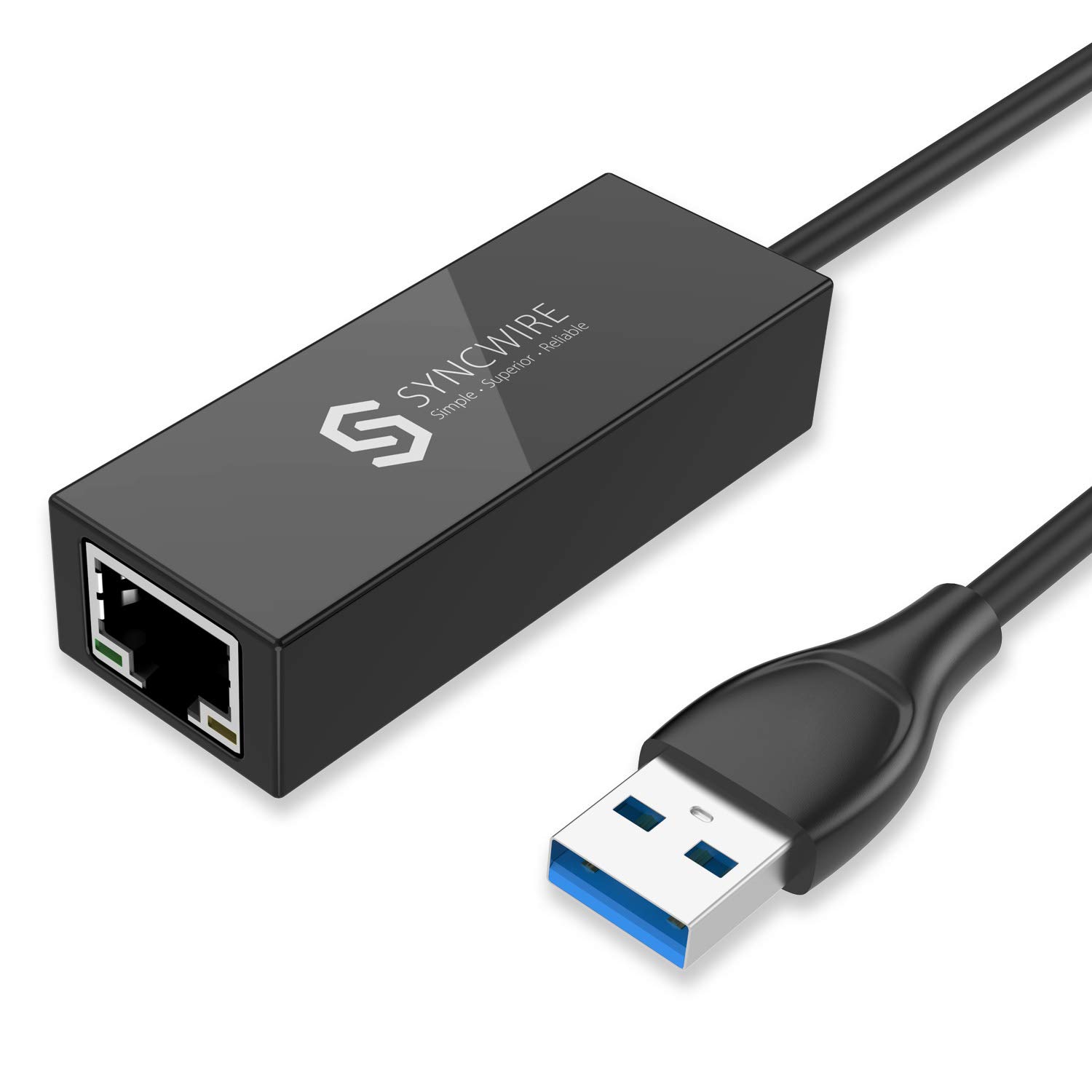
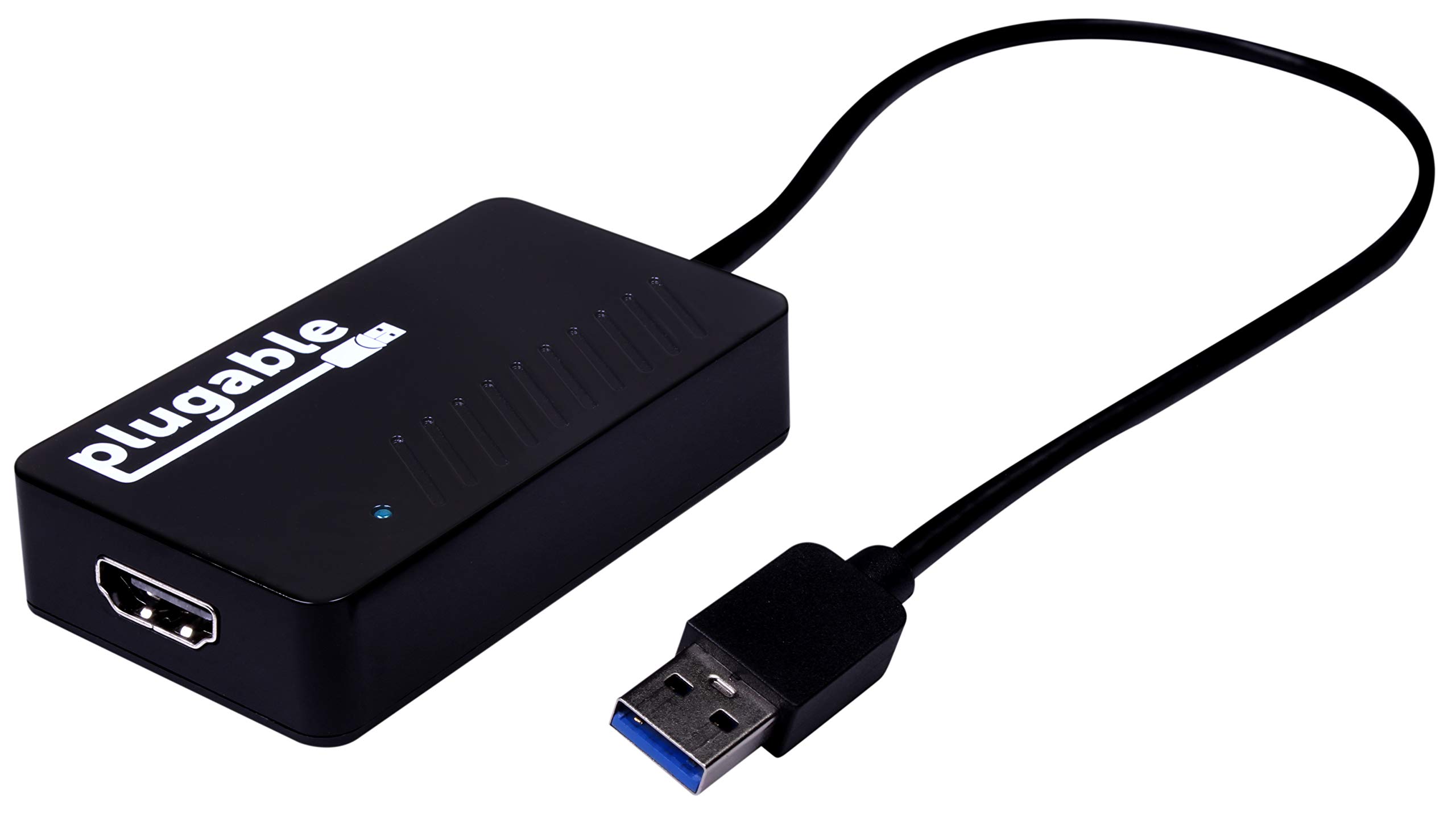
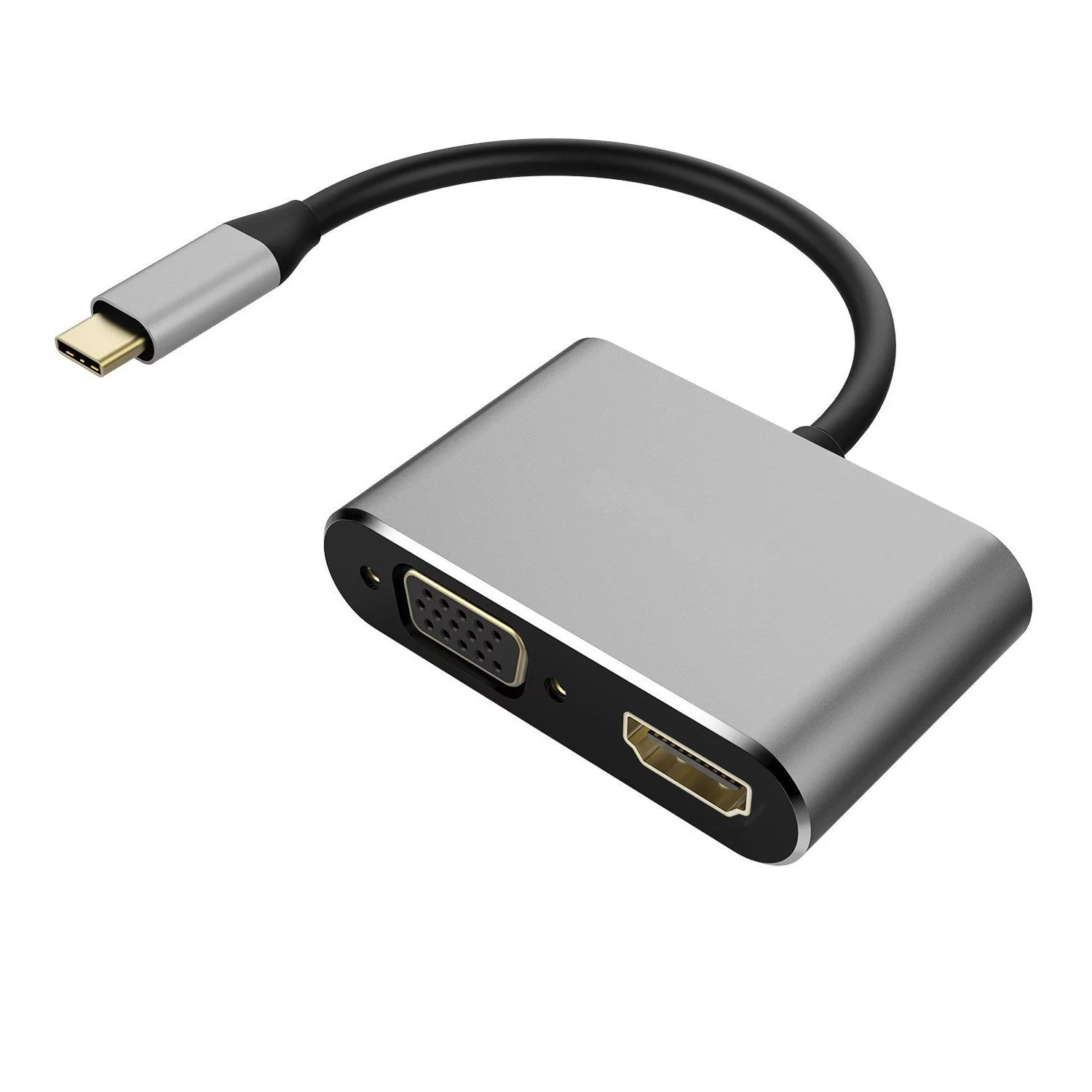
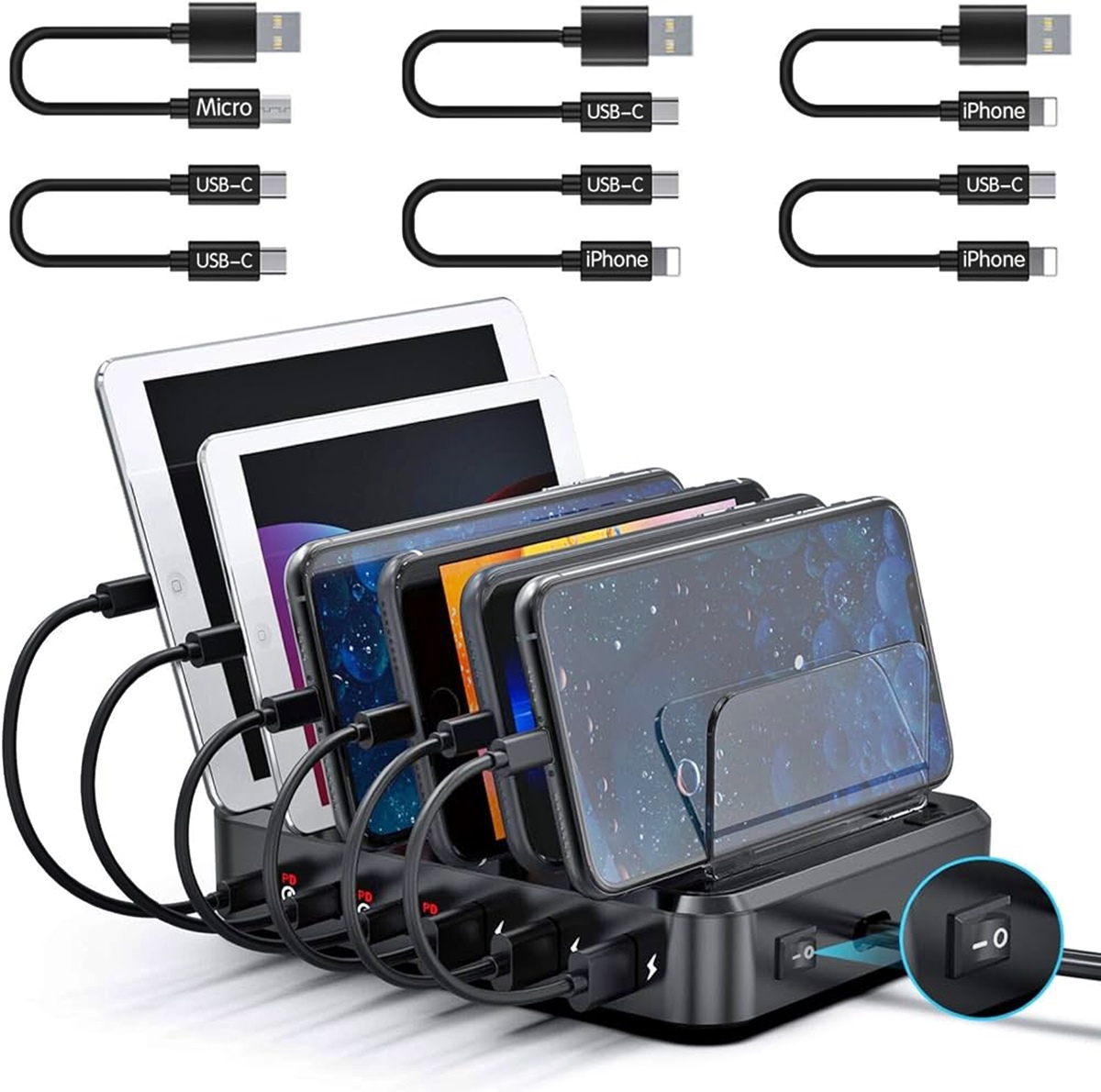
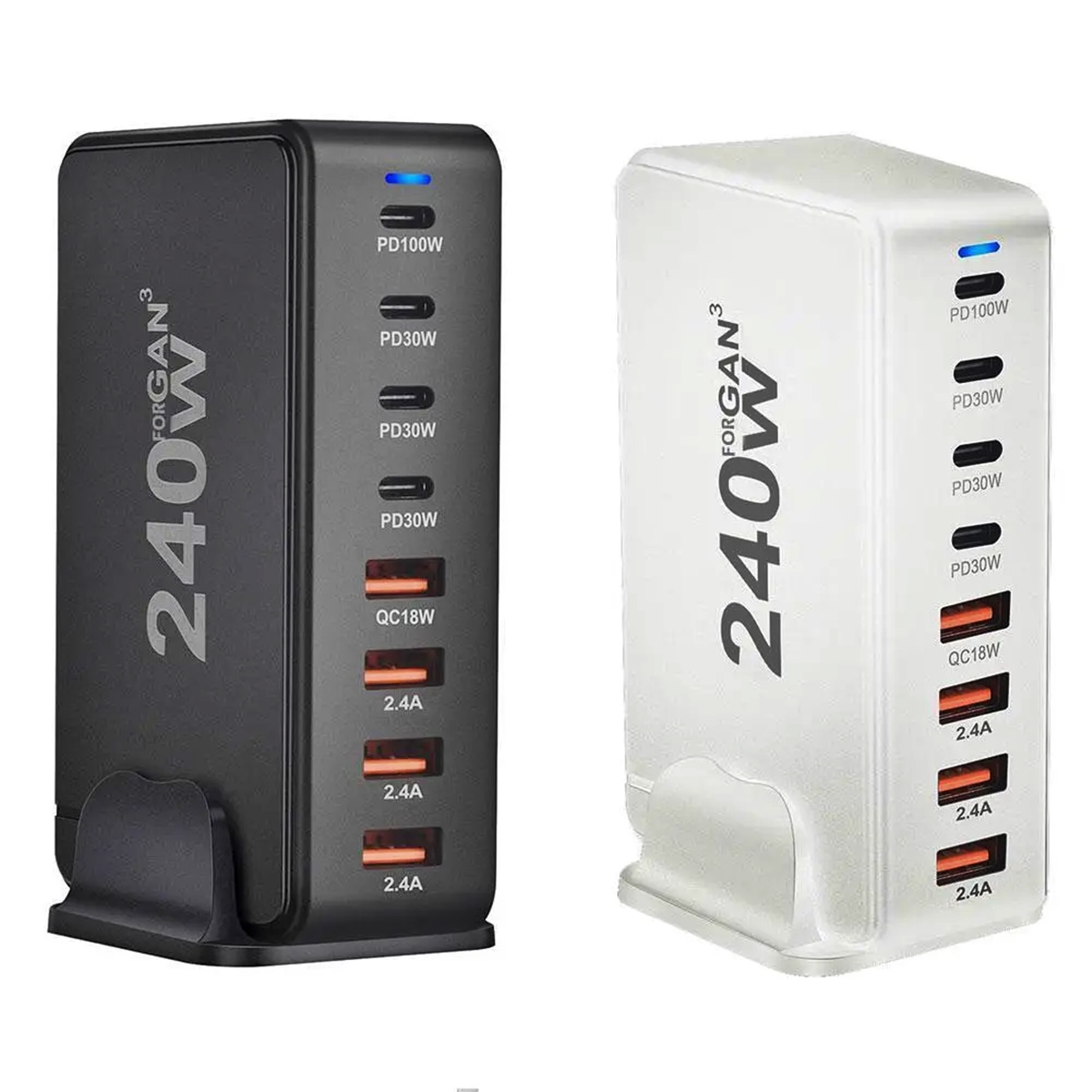
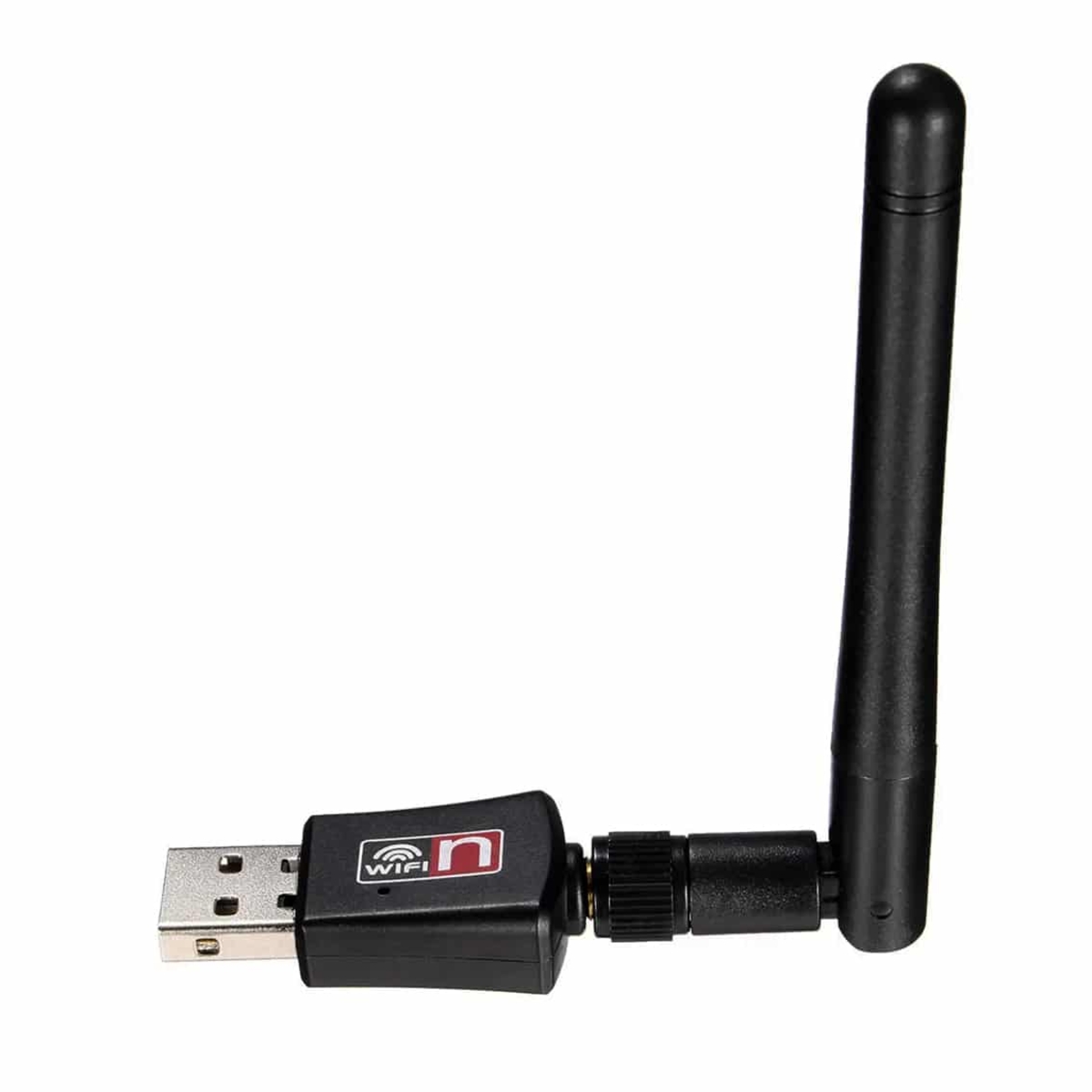
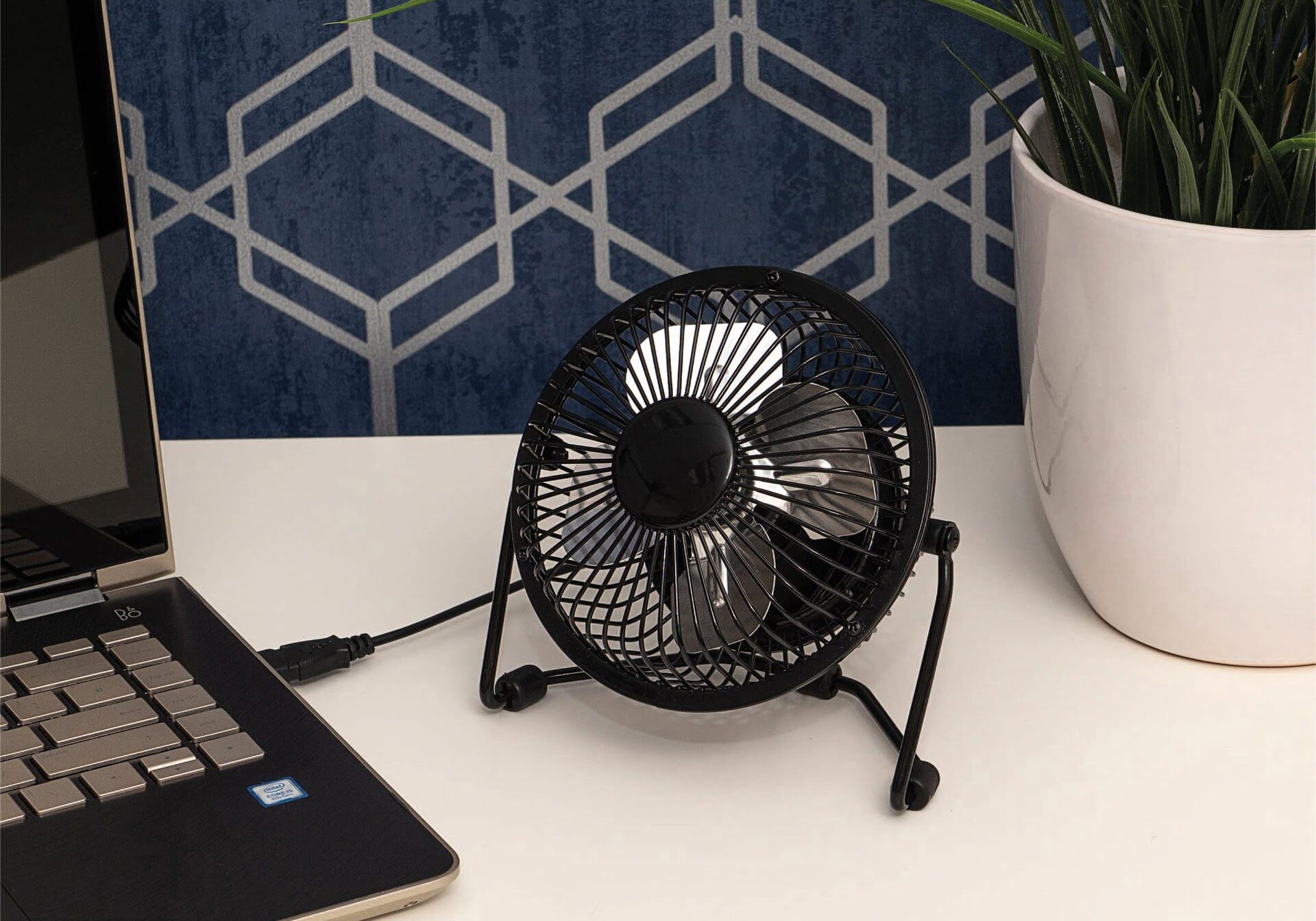
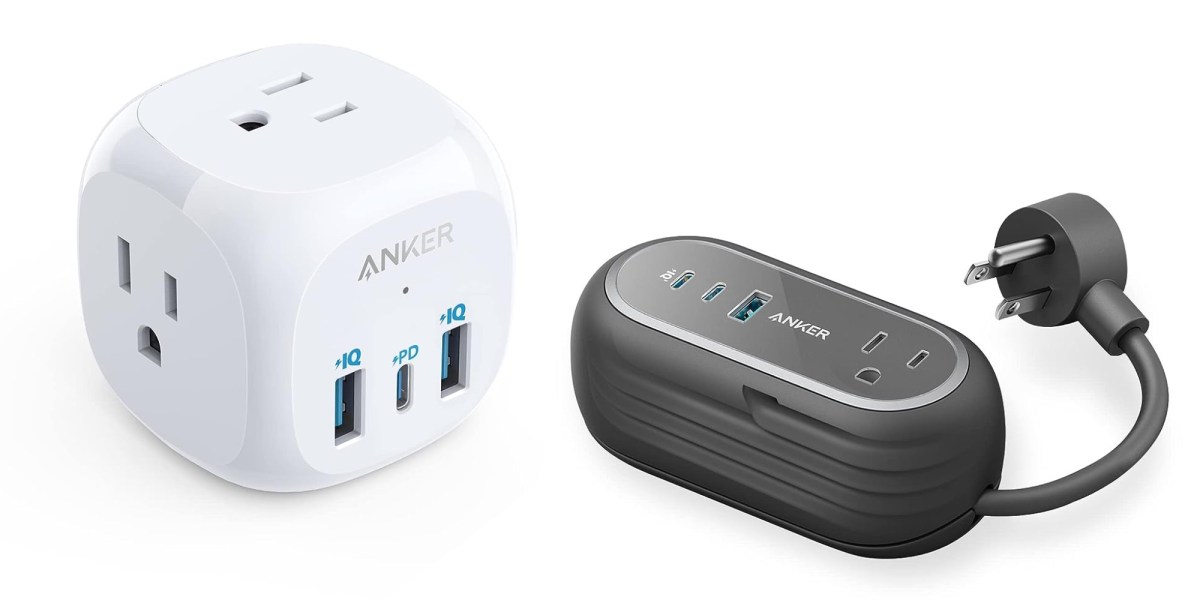
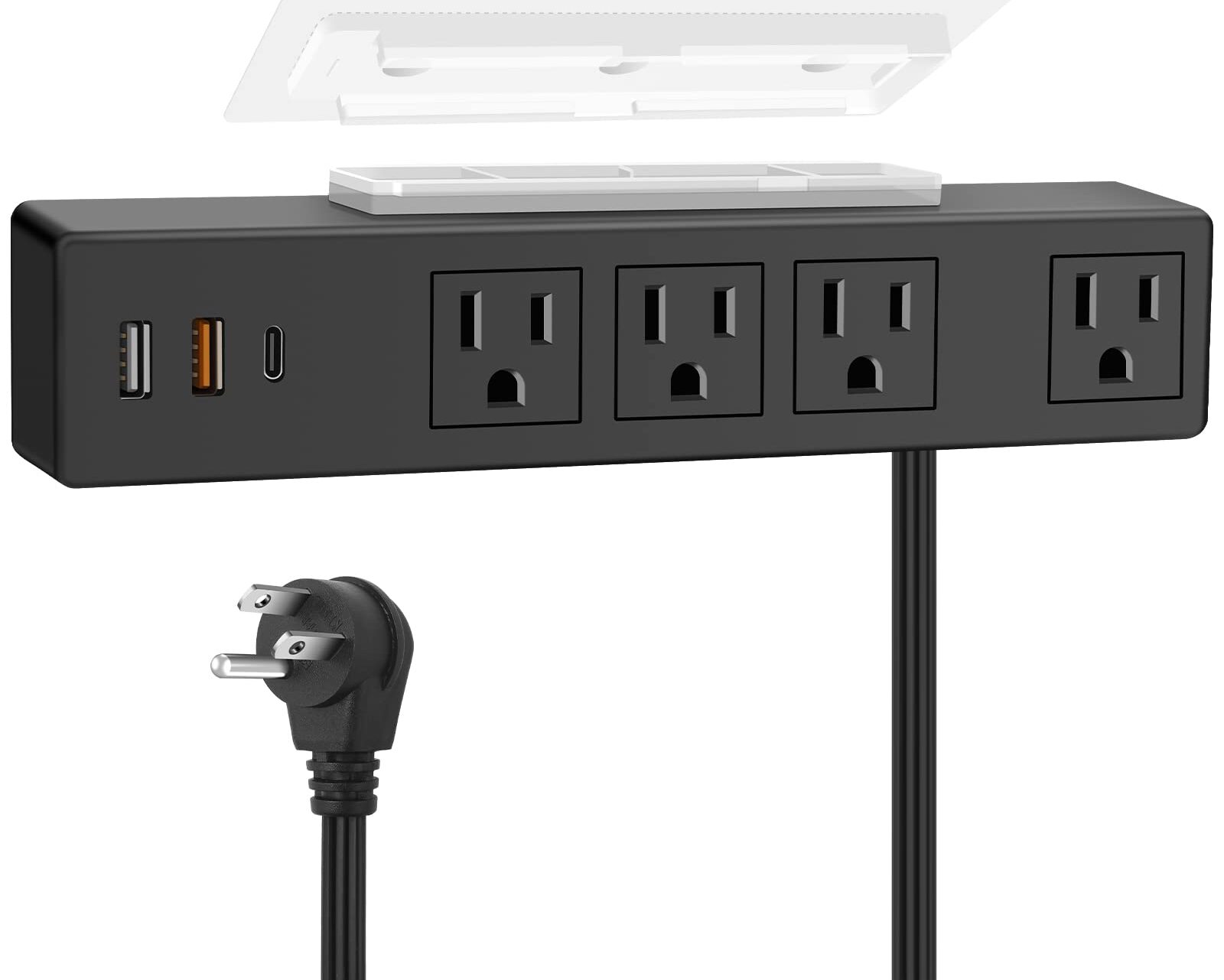
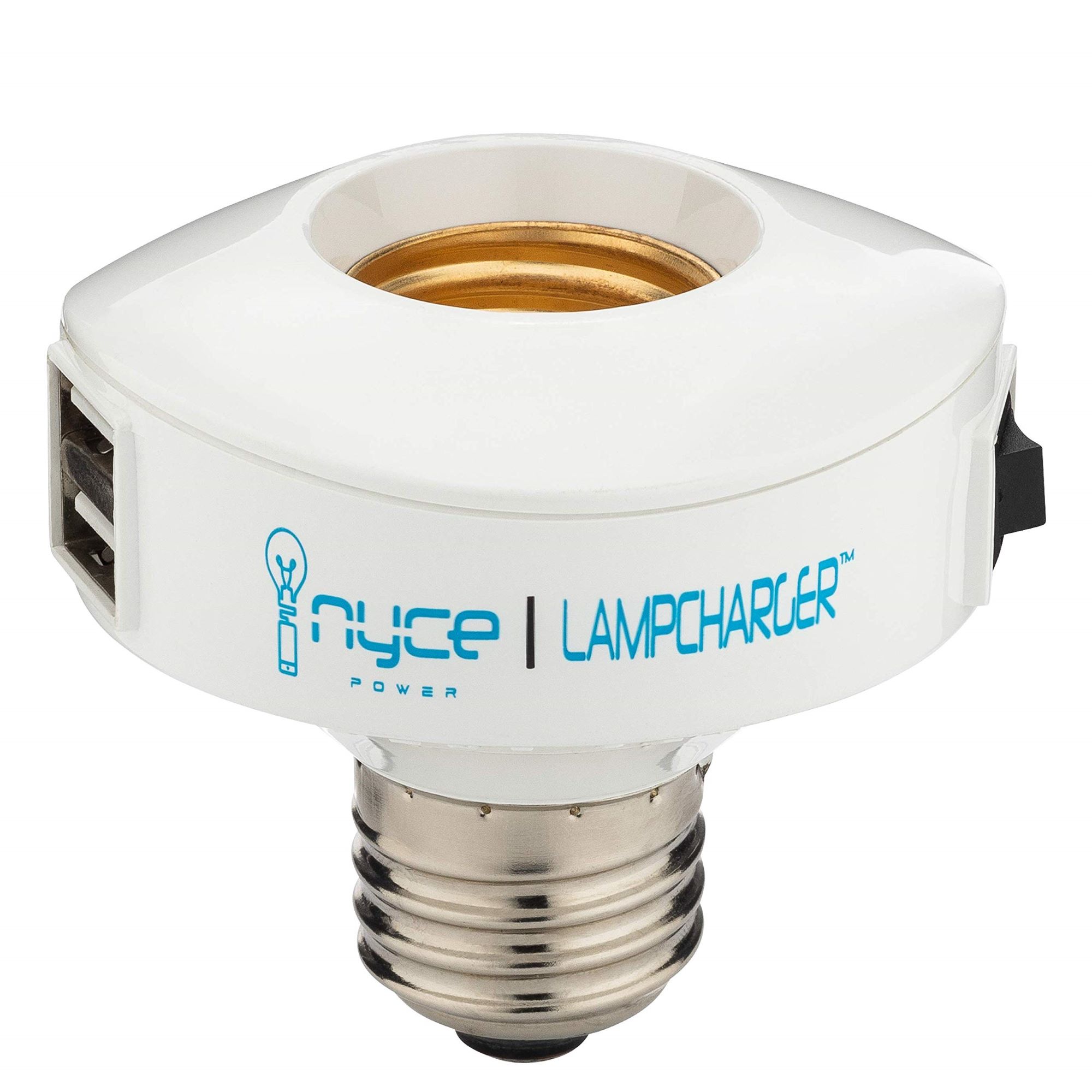
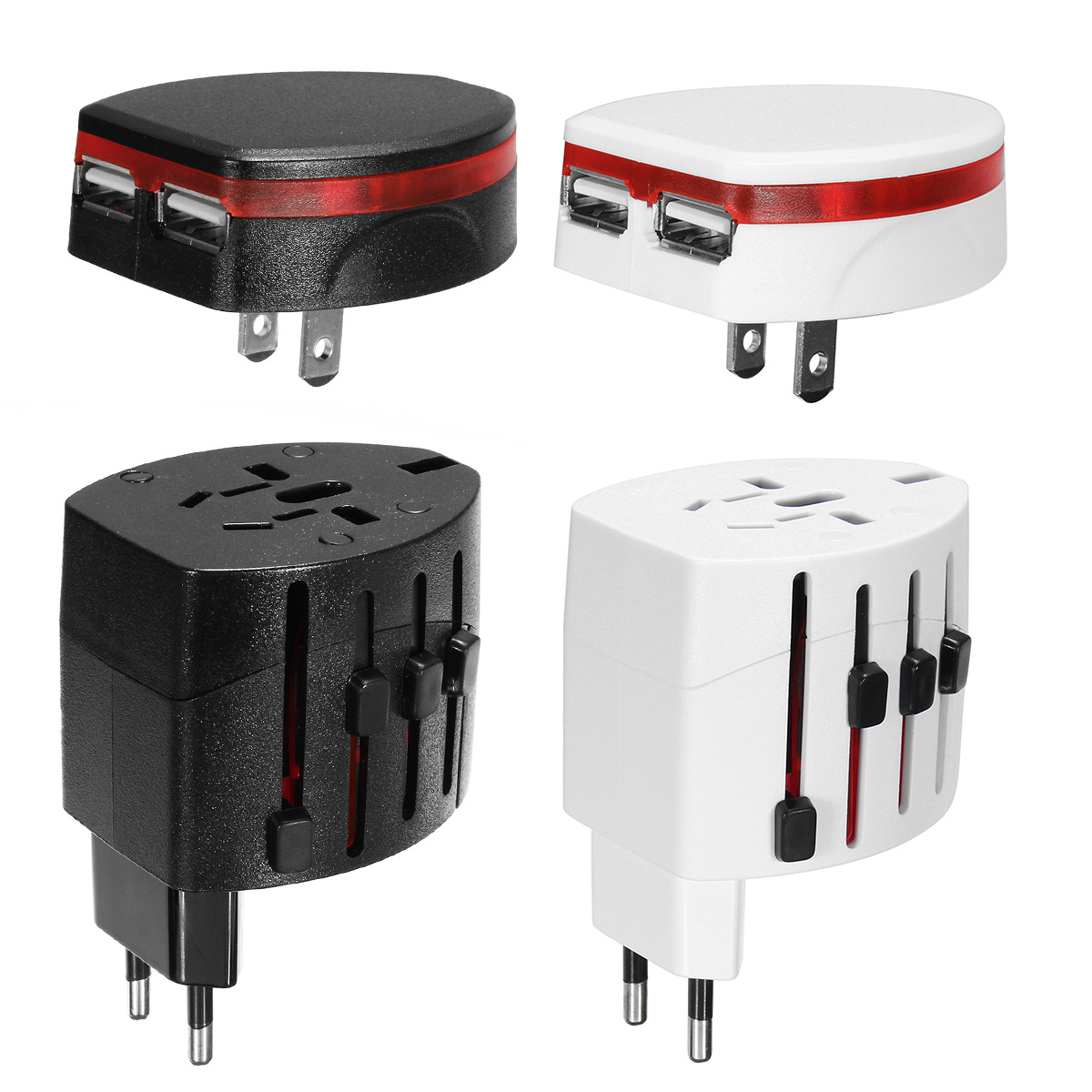

0 thoughts on “What Is A Usb-C Power Adapter”